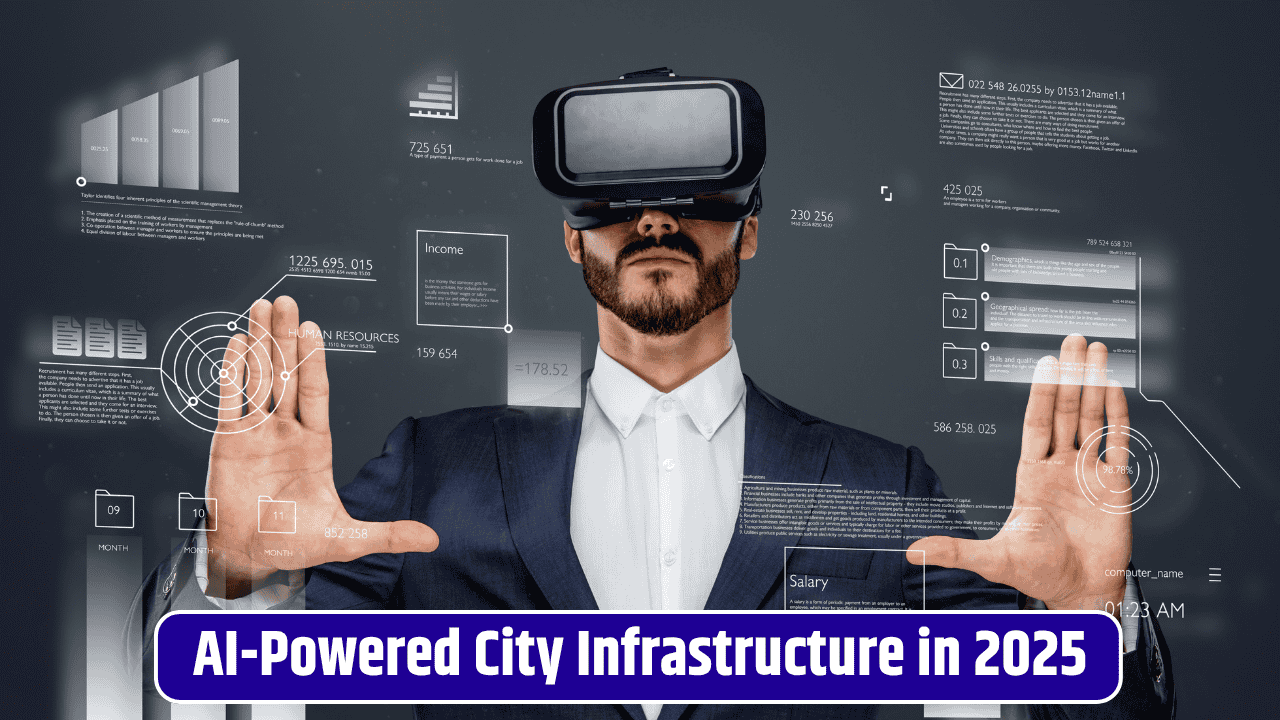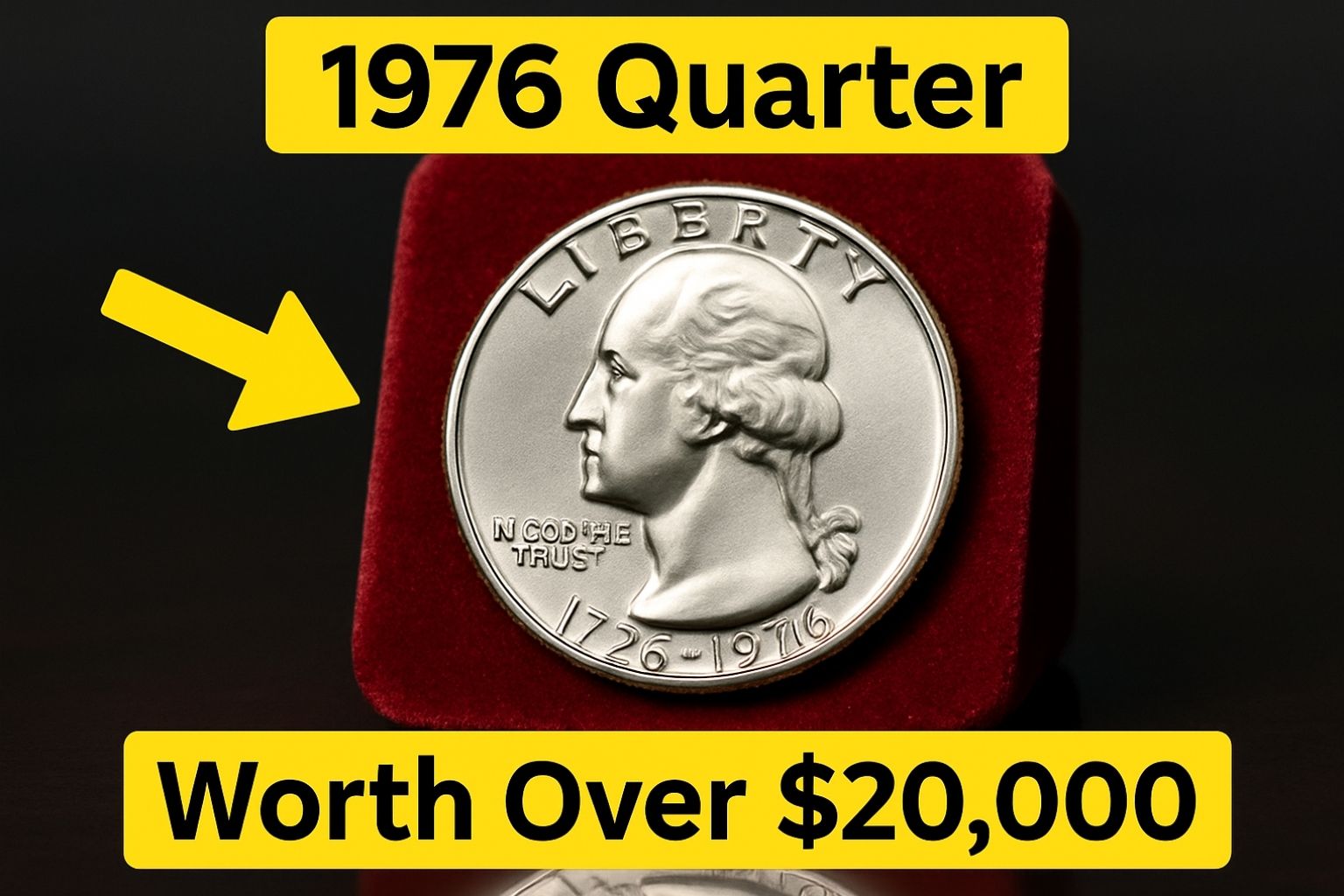Sure thing. Let’s peel back the curtain on 2025—not with some boring “futuristic tech” blog post vibe, but with a real look at how stuff’s actually shifting right now. Not ten years down the road. Not sci-fi. Just raw, real change that’s already hitting the ground.
What Future Tech Actually Looks Like in 2025 (Spoiler: It’s Weirdly Normal)
So here’s the thing: 2025 isn’t filled with flying cars or humanoid robots walking your dog—at least, not outside YouTube hype videos or Dubai. But tech? Oh yeah, it’s mutating fast. Only, not in the way most people expect.
You know how change usually feels slow, until one day you’re like, “Wait, when did my fridge start texting me?” That’s 2025 in a nutshell.
Let’s dive into some areas where tech is sneaking into our lives and straight-up changing how we live, spend, and think.
AI’s No Longer the Hype—It’s the Plumbing
By now, generative AI isn’t just a shiny toy. It’s the backend of pretty much everything. You might not see it, but it’s everywhere—writing news blurbs, generating email replies, picking out your Spotify vibes before you even open the app.
Businesses aren’t just “experimenting” with AI anymore. They’re restructuring around it.
Examples?
- Customer service bots now feel like humans (unless they’re from your bank… in which case, good luck).
- Content creation? Automated, fast, and freakishly good—sometimes too good. Deepfake news, AI influencers, all of it.
- Internal workflows? AI is stitching together spreadsheets, writing code snippets, even scheduling your next Zoom that you didn’t want in the first place.
We’re past the ChatGPT-is-cool stage. We’re now in the “why hire a junior analyst when Claude can do that in 4 seconds?” era. Welcome to the age of invisible AI.
Smart Devices Got Smarter—and a Little Bit Creepier
Home tech in 2025? It’s like having nosy roommates who want to help… kind of.
Think fridges that suggest recipes based on what’s expiring, toilets that test your pee and report early health issues (yep, really), and doorbells that recognize your cousin visiting from out of town. You can’t even scratch your head without your watch recommending a meditation session.
And hey, it’s not just homes—cars now feel like rolling iPads. Between real-time traffic learning, driver monitoring (yes, it’s watching your eyelids), and predictive maintenance alerts, your vehicle is practically nagging you.
But here’s the rub: All that smartness comes with trade-offs. Privacy? Thinner than ever. Data is the new rent you pay for convenience.
The Rise of “Synthetic Everything”
Forget just synthetic voices or AI art—2025’s got synthetic relationships, companionship, and even reality.
We’re talking:
- AI friends and therapists: People are forming emotional bonds with bots. And honestly? Some say they feel more “seen” than with humans.
- Synthetic influencers: Fully AI-generated Instagram models pulling six-figure brand deals, with zero risk of scandals.
- VR/AR workspaces: Forget Zoom fatigue. Now it’s virtual offices where you’re sitting next to a 3D avatar of your boss, complete with awkward eye contact.
The line between “real” and “rendered” is getting blurrier every week. And Gen Z? They’re not sweating it. To them, digital-first life is real life.
Biotech Is Quietly Becoming the Next Big Wave
This one’s not making TikToks, but it should be.
Biotech in 2025 is exploding—not in some dystopian way, but in low-key ways that’ll change how we live:
- Wearables that monitor blood sugar in real-time (no needles).
- At-home genetic testing kits giving customized nutrition plans.
- mRNA tech expanding way beyond COVID—into flu, cancer, even personalized medicine.
In short, your body is becoming a readable dashboard. And soon, it’ll get recommendations like “eat less carbs” from your watch, not your doctor. Wild.
Work Is Getting Decentralized—and Dematerialized
Offices? Optional. Degrees? Less relevant. Skills? Everything.
Remote and freelance work have finally settled into a new norm. It’s not just a pandemic blip—it’s the default now for a huge swath of workers. And AI has turned everyone into a sort of “super solo operator,” running entire micro-businesses from their phones.
We’re seeing:
- Micro-entrepreneurs using AI to build Shopify stores overnight.
- No-code tools empowering literally anyone to build apps.
- DAOs and digital collectives doing freelance gigs across time zones, with zero HR and lots of emojis.
And while some folks are scrambling to catch up, the savvy ones are riding this wave like it’s second nature.
So What’s the Vibe of 2025?
Honestly? It’s fast, fragmented, and kind of beautiful in a messy way.
Tech isn’t arriving in clean, epic moments anymore. It’s dripping into life like water into a sponge—quietly reshaping how we think, spend, eat, date, and even feel.
And it’s not just a young person’s game. Millennials are in their prime earning years now. Gen Z is graduating college. Boomers are retiring with 401(k)s—and ChatGPT on their phones. Everyone’s in the pool.
If you’re paying attention, the future doesn’t feel far off. It feels like it’s already here. Just maybe not the way you expected.
Quick Recap: What’s Shifting in 2025
| Area | What’s Changing |
|---|---|
| AI | Embedded in daily life, from work to content |
| Smart Devices | Hyper-personalized, privacy-questionable |
| Synthetic Media | Fake but functional friends, influencers |
| Biotech | Real-time health feedback, mRNA goes mainstream |
| Work | Decentralized, AI-powered solopreneurs |
| Culture | Digital life = real life |
FAQs
Is AI going to take my job?
If your job is repetitive and data-heavy, maybe. But if you’re adaptive, creative, or people-facing, it’ll probably become your coworker, not your replacement.
Are smart devices listening to me?
Short answer: Yes. Long answer: They say it’s for “better service.” You decide.
Should I care about biotech stuff now?
Yes. Because health is wealth, and now you can track both from your wrist.
How real is “synthetic” media?
Emotionally real to many. Factually fake. That tension is the weirdest part.
Is all this change good?
Depends on who you ask. Tech solves problems, but it creates new ones, too.









